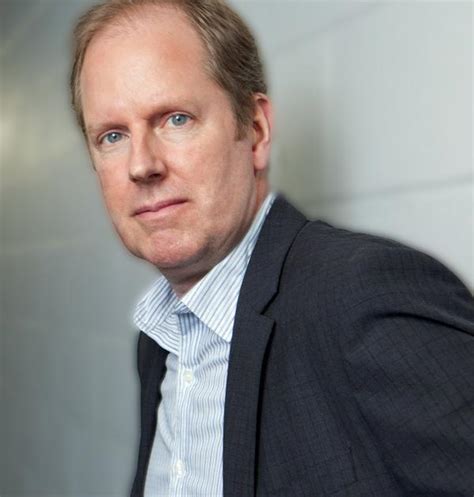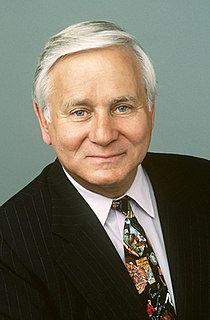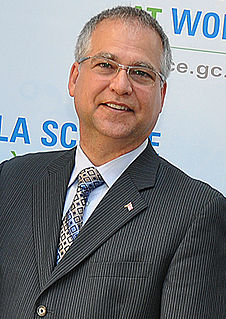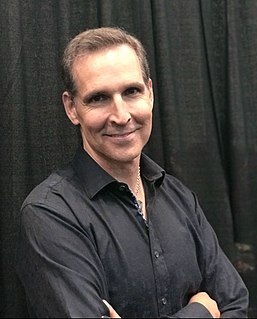A Quote by Toni Morrison
I don't think anybody cares about unwed mothers unless they're black or poor. The question is not morality, the question is money. That's what we're upset about.
Related Quotes
And one day we must ask the question, "Why are there forty million poor people in America?" And when you begin to ask that question, you are raising questions about the economic system, about a broader distribution of wealth. When you ask that question, you begin to question the capitalistic economy.
Some people think that in order to lead a morally decent life one may sometimes have to forego the possibility of having a good life oneself. Even if that is true, it does not render morality incredible, but it does raise a question about morality's authority: about what one has most reason to do when one is faced with a conflict of this kind.
[Malcolm Fraser] went straight from Melbourne Grammar to Oxford. And he would have been a very lonely person, and I think he probably met a lot of black students there who were also probably lonely. I think he formed friendships with them, which established his judgement about the question of colour. That’s my theory. I don’t know whether it’s right or not, but that’s what I always respected about Malcolm. He was absolutely, totally impeccable on the question of race and colour.
Ace of Spades says that this became clear to him in a revelation one night. He was watching Chris Matthews interview [Barack] Obama, and he didn't get one question! He didn't ask Obama one question about how Obamacare works. Every question was one degree or another: How do you feel about [John] Boehner opposing it? How do you feel about it? What will make you happy? Do you think you can get it? [It] was irrelevant!
Money is very difficult to think about. So, we think about money as the opportunity cost of money. So, we at some point went to a Toyota dealership and we asked people, what will you not be able to do in the future if you bought this Toyota? Now, you would expect people to have an answer. But people were kind of shocked by the question. They never thought about it before. So, the most we got was people said, "Well, if I can't buy this Toyota, if I buy this Toyota, I can't buy a Honda." What is this thing? What is this value of price? Very hard to think about it.







































